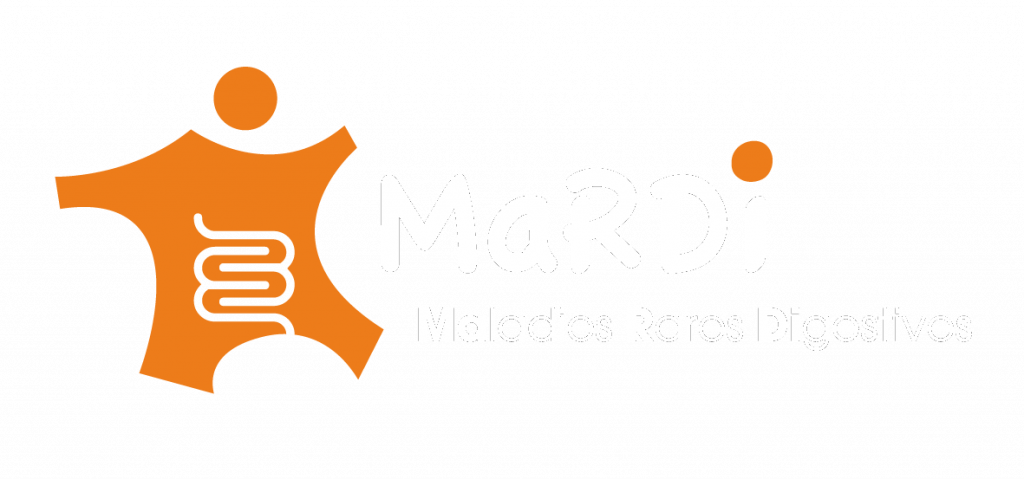ARNPOMVID Project

ARNPOMVID Project
In vitro and in vivo evaluation of an orally administered mRNA-based therapy in an animal model of a rare incurable digestive disease: microvillous inclusion disease (MVID)
Project funding: €382,500
Microvillous Inclusion Disease (MVID) is a rare genetic disorder of the digestive tract characterized by severe and refractory diarrhea, dehydration, malabsorption and growth retardation in infants. Current treatment options are non-existent and rely solely on total parenteral nutrition. MVID is caused by genetic mutations leading to altered microvilli in the small intestine, as well as altered intestinal cell polarity and intracellular trafficking.
This project aims to develop an orally administered mRNA-based therapy to restore normal cellular function in the intestines of MVID patients. The aim is to deliver mRNA encoding the deficient protein, using lipid vectors, to restore polarity and intracellular trafficking in enterocytes. The project also aims to evaluate the efficacy of this therapy in a mouse model of MVID. The project will determine whether it is possible to induce expression in intestinal cells, particularly enterocytes, of a protein encoded by orally administered mRNA, and whether mRNA therapy is feasible to restore intestinal function, even transiently.
This research project is of paramount importance for patients suffering from MVID, a disease that currently has no treatment. The results could pave the way for human clinical trials, offering new hope to patients. In addition, oral mRNA therapy could have implications for the treatment of other diseases of the digestive tract, including inflammatory bowel disease. This innovative approach could revolutionize the management of congenital defects of the intestinal epithelium, offering a new therapeutic perspective for many intestinal pathologies.
MVID is manifested by a loss of function of one of the four known proteins involved in polarity and intracellular trafficking (MYO5B, STXBP2, STX3 or UNC45A). It seems appropriate to consider therapy aimed at restoring protein function and thus normal cell function.
One way of achieving this goal is to deliver mRNA molecules encoding the wild-type protein into the affected cells, the enterocytes. Supported by cellular machinery, the delivered mRNA will be translated into functional protein inside the cell, restoring polarity and intracellular trafficking. mRNA therapy is suited to this type of disease because enterocytes have a limited lifespan, and complementation of function by mRNA delivery is transient, as mRNA also has a limited lifespan.
The therapy envisaged will be chronic and substitutive, replacing the palliative solution of total parenteral nutrition. In addition, transfection of wild-type proteins into mutated MVID organoids has been shown to reverse disease pathophysiology and restore polarity and intracellular trafficking.
To date, there is no oral mRNA therapy available. mRNA is a fragile molecule, rapidly degraded by specific enzymes (nucleases) and hydrolysis mechanisms. Consequently, it is always associated with a delivery system or vector capable of protecting it and facilitating its entry into cells. Passage through the gastrointestinal tract as part of oral administration presents an additional challenge.
The "Biotherapies par vectorisation d'acides nucléiques" team at the UTCBS (Unité de Technologies Chimiques et Biologiques pour la Santé) laboratory in Paris has demonstrated in recent studies its ability to vector RNA, in particular small interfering RNA, into intestinal cells (references and unpublished data). The vectors designed by this team are applicable to mRNA.
We therefore plan to use these vectors to deliver a therapeutic mRNA orally in a mouse model of MVID. We have chosen to express the Myo5b protein because a defect in the expression of this protein represents the most common form of MVID. Our aim is therefore to administer oral mRNA therapy in a mouse model of MVID to assess the therapy's ability to restore polarity and intracellular trafficking, as well as clinical, histological and molecular parameters in the mice tested.
Given that MVID manifests itself following a loss of function of one of the four known proteins involved in cell polarization and intracellular trafficking, it seems pertinent to consider a therapy aimed at restoring protein function and thus normal cell function.
One way of achieving this goal is to deliver mRNA molecules encoding the wild-type protein into the affected cells, the enterocytes. Supported by cellular machinery, the delivered mRNA will be translated into functional protein inside the cell, restoring polarity and intracellular trafficking. mRNA therapy is suited to this type of disease because enterocytes have a limited lifespan, and complementation of function by providing mRNA is transient, as mRNA also has a limited lifespan.
Our aim is therefore to administer oral mRNA therapy in a mouse model of MVID in order to assess the ability of such therapy to restore polarity and intracellular trafficking as well as clinical, histological and molecular parameters in the mice tested.
To achieve our objectives, we first need to validate several hypotheses.
We need to synthesize a pure and optimal mRNA to achieve potent and long-lasting protein expression of MYO5B in the target cell. Next, we need to encapsulate this mRNA in a vector that will ensure its protection across the gastrointestinal tract to the target cells in the small intestine. This vector will be designed after several in vitro and in vivo transfection tests (in mouse models) on healthy and mutated cells.
Once we've found the optimal vector, we can begin animal testing to assess proper vector distribution, mRNA transfection into the enterocytes of mutant mice, protein expression in these cells, and finally measure the therapeutic effects of this administration as well as any potential toxic effects.
The project will therefore comprise 3 main phases:
- Manufacture of mRNA vectors for Myo5b
- In vitro cell tests
- In vivo animal testing
The results of this study could have significant implications for the treatment of MVID, which currently has no treatment approved or in trial. By demonstrating the efficacy of oral mRNA therapy in a mouse model of MVID, this study could pave the way for human clinical trials and potentially improve the quality of life of patients suffering from this rare disease.
The project could represent a major innovation in the treatment of gastrointestinal pathologies, as it would be the first, to our knowledge, to provide in vivo proof-of-concept for mRNA vectorization in the digestive tract via oral administration. It holds great promise for children and parents of children with MVID, as well as for all patients with congenital enteropathies.
The expected results could lead to clinical trials in children with MVID, with the aim of weaning them off total parenteral nutrition for good, with all its associated disadvantages and costs. The therapy could involve regular oral administration of mRNA (in reconstituted powder, tablet or oral suspension form) to substitute the deficient protein in the gut.
This project could also have important implications for the treatment of other rare epithelial intestinal pathologies, as well as more common gastrointestinal diseases such as chronic inflammatory bowel disease (IBD): Crohn's disease, ulcerative colitis and colorectal cancer. Currently, the delivery of nucleic acids or peptides to intestinal tissues is not possible.
The total cost of the project is estimated at €382,500 over 3 years.
It corresponds to :
- Synthesis of messenger RNA (active ingredient to be tested)
- Formulation and encapsulation of RNA in lipid-polymer hybrid nanoparticles compatible with oral administration
- Imaging analyses (microscopic and immunohistochemical) on the intestinal tissues of the mice tested (cost of equipment and reagents)
- The purchase of mice and their housing, as well as the maintenance of a transgenic mouse line reproducing human MVID disease in children.
- Personnel costs over 3 years (including charges) corresponding to the salary of a fixed-term research engineer and a doctoral student.
ARNPOMVID project partners
120 rue de Silly 92100 Boulogne-Billancourt, France
Phone: +33 6 12 92 04 83
Email: contact@curemvid.com








